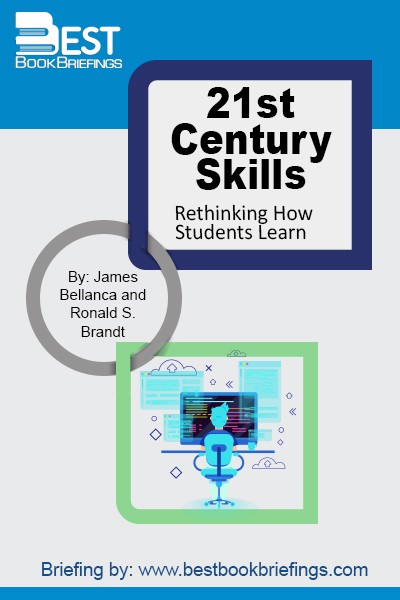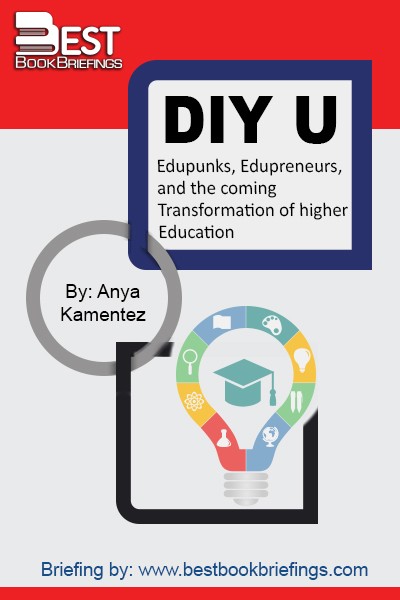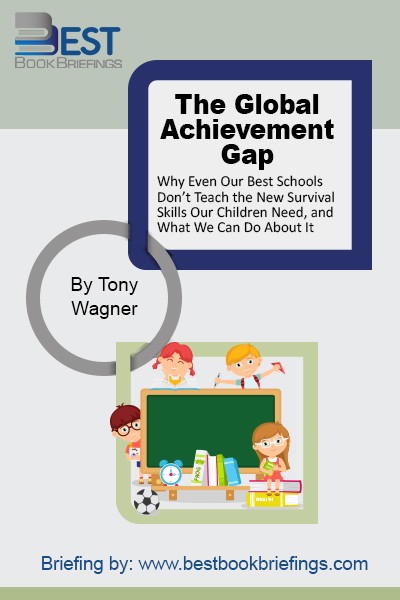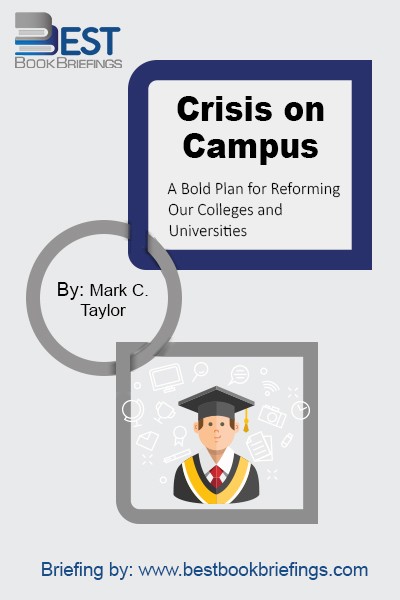Crisis on Campus
A Bold Plan for Reforming Our Colleges and Universities
Editorial Review
Much of the most important research that has contributed to the advancement of knowledge and enrichment of human life historically has been conducted in colleges and universities. In the years following World War II, increasing prosperity and enlightened government policies led to rapidly expanding undergraduate programs that created new opportunities for countless young people. But in the past four decades, this situation has gradually deteriorated. The quality of higher education is declining; colleges and universities are not adequately preparing students for life in a rapidly changing and increasingly competitive world. As emerging technologies continue to transform how we manage information and acquire knowledge, students will need to develop new skills and even learn different ways of thinking, reading and writing. The accelerating rate of globalization will make it necessary for people to learn more about other societies and cultures. These developments also pose new challenges and opportunities for the organization and delivery of higher education. Changes in how information is distributed and knowledge communicated will both create more competition in higher education and provide the occasion for new forms of cooperation at the local, national and even global level. While many regard these developments as a threat to the quality of higher education, we believe they offer the possibility of greatly expanding and enriching educational opportunities for people not only in their countries but throughout the world.
Book Reviews
Books on Related Topics

No generation can escape the responsibility of deciding what students should learn by analyzing what adults are called upon to do. In the old days, people were taught to do simple calculations, write letters, and read. As farming grew in complexity, schools in rural areas began teaching vocational agriculture. With the

Provocatively titled, Disrupting Class is just what America's K-12 education system needs--a well thought-through proposal for using technology to better serve students and bring our schools into the 21st Century. Unlike so many education 'reforms, ' this is not small-bore stuff. For that reason alone, it's likely to be resisted by defenders

DIY U: Edupunks, Edupreneurs and the Coming Transformation of Higher Education is about the future of higher education. It’s a story about the communities of visionaries who are tackling the enormous challenges of cost, access, and quality in higher ed, using new technologies to bring us a revolution in higher learning that

Education expert Tony Wagner has conducted scores of interviews with business leaders and observed hundreds of classes in some of the nation’s most highly regarded public schools. He discovered a profound disconnect between what potential employers are looking for in young people today (critical thinking skills, creativity, and effective communication) and



